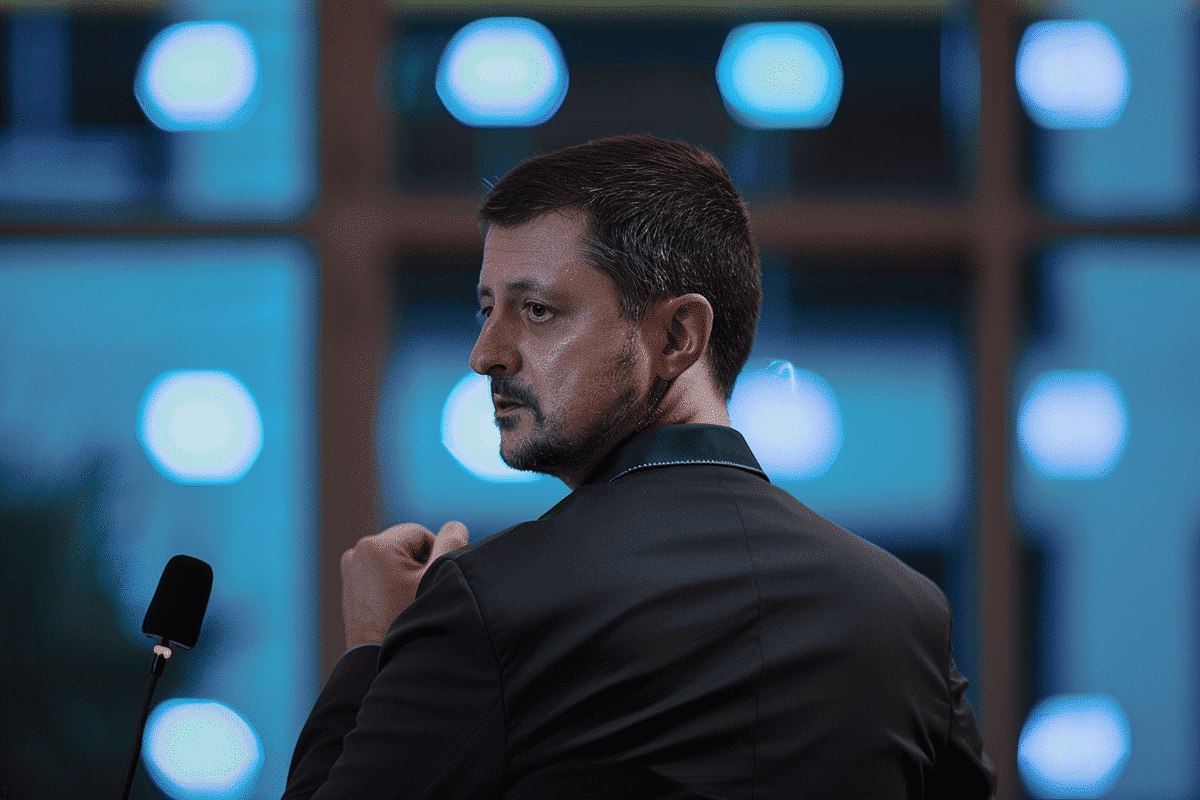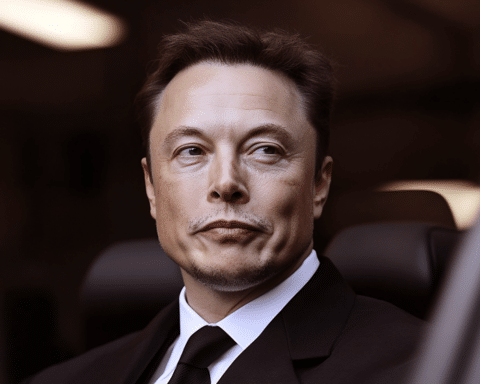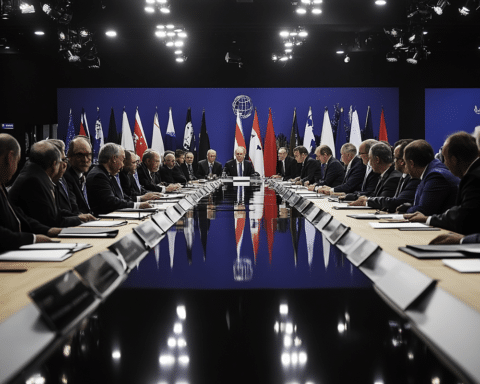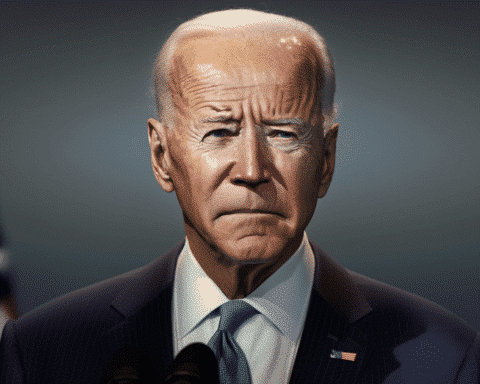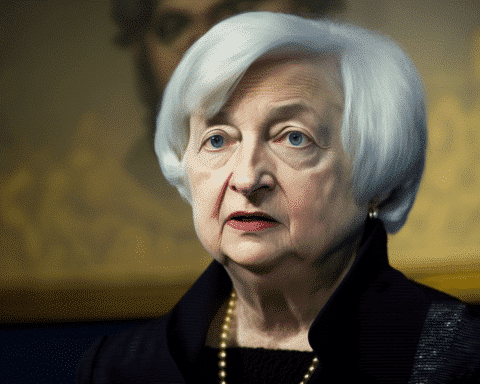Ukrainian President Volodymyr Zelenskyy made a significant diplomatic move as he attended the D-Day anniversary events in Normandy, France, alongside world leaders, including U.S. President Joe Biden. This gesture not only commemorated the sacrifices of the past but also underlined Ukraine’s urgent need for increased Western support in the face of Russia’s ongoing invasion.
The timing of Zelenskyy’s presence in Normandy was poignant, as his country grapples with one of the most substantial conflicts in Europe since World War II. Russian forces continue their onslaught near the eastern city of Kharkiv, exploiting Ukraine’s vulnerabilities in ammunition and troop numbers. The recent offensive, focusing on Kharkiv and Donetsk, underscores the relentless pressure Ukraine faces on its borders.
In response to these challenges, NATO allies have granted Ukraine authorization to use weapons for limited attacks inside Russian territory. This move aims to disrupt Moscow’s ability to open new fronts, particularly in northeastern regions where Ukrainian forces fear further assaults. The decision, while strategic, comes with restrictions, limiting strikes to Russian border regions east of Ukraine and avoiding targets like airfields or aircraft.
President Biden’s response to Russian President Vladimir Putin’s warning of providing long-range weapons to other countries was firm but measured. Biden emphasized the limitations imposed by the U.S. and expressed concerns about Putin’s behavior, labeling him a dictator. He reaffirmed the commitment of the United States to stand by Ukraine’s defense, ensuring that Russia’s aggression does not threaten further destabilization in Europe.
However, Russian officials remain undeterred by Western warnings. Dmitry Medvedev, deputy head of Russia’s Security Council, responded defiantly, suggesting potential consequences for the use of Western-supplied weapons against Russia. Despite NATO’s assurance that it has no plans to deploy forces to Ukraine, the Kremlin remains resolute in its stance, hinting at possible asymmetric responses to Western actions.
Meanwhile, on the ground, the conflict escalates through sophisticated drone attacks. Ukrainian drones struck an oil refinery and a fuel depot in Russian border regions, aiming to disrupt Moscow’s war machine and deny it revenue. These strikes, reaching deep into Russian territory, reflect Ukraine’s determination to resist Russian aggression and weaken its energy infrastructure.
In retaliation, Russia continues its assault on Ukraine’s energy infrastructure, causing widespread power outages and aiming to undermine public morale. These tactics, while inflicting hardships on the Ukrainian population, also target military manufacturing plants, further complicating Ukraine’s efforts to defend itself.
As the conflict rages on, the international community watches closely, recognizing the stakes involved. The D-Day events serve as a sobering reminder of the importance of unity in the face of adversity. Ukraine’s presence among world leaders symbolizes its resilience and determination to defend its sovereignty against external aggression.
As President Zelenskyy meets with French officials in Paris to further rally support, the fate of Ukraine hangs in the balance. The conflict, now in its third year, shows no signs of abating, raising concerns about the broader implications for European security and stability. In this critical juncture, Western leaders must navigate a delicate balance between supporting Ukraine’s defense and preventing further escalation with Russia, mindful of the lessons learned from history’s darkest chapters.
